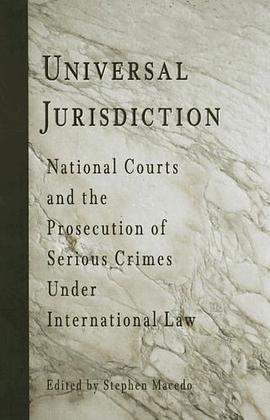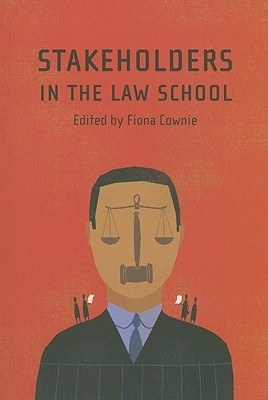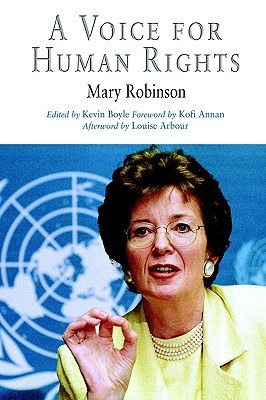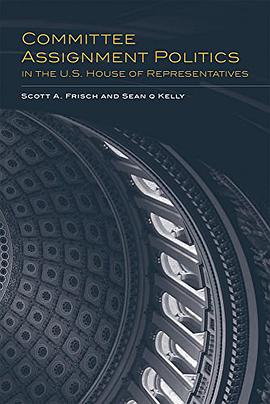

具体描述
When former Chilean dictator Augusto Pinochet was arrested in London at the request of a Spanish judge, the world's attention was focused for the first time on the idea of universal jurisdiction. Universal jurisdiction stands for the principle that atrocities such as genocide, torture, and war crimes are so heinous and so universally abhorred that any state is entitled to prosecute these crimes in its national courts regardless of where they were committed or the nationality of the perpetrators or the victims. In 2001, two Rwandan nuns were convicted in a Belgian court for atrocities committed in Rwanda against Rwandans. Serbs have been prosecuted in German courts, and a court in Senegal asserted universal jurisdiction over the former dictator of Chad, Hissene Habre. Universal jurisdiction is becoming a potent instrument of international law, but it is poorly understood by legal experts and remains a mystery to most public officials and citizens. Universal Jurisdiction brings together leading scholars to discuss the origins, evolution, and implications of this legal weapon against impunity. They examine the questions that cloud its future, and its role in specific cases involving Adolf Eichmann, Pinochet, Habre, and former Rwandan government officials, among others, in order to determine the proper place of universal jurisdiction in the emerging regime of international legal accountability.
作者简介
目录信息
读后感
评分
评分
评分
评分
用户评价
相关图书
本站所有内容均为互联网搜索引擎提供的公开搜索信息,本站不存储任何数据与内容,任何内容与数据均与本站无关,如有需要请联系相关搜索引擎包括但不限于百度,google,bing,sogou 等
© 2026 book.wenda123.org All Rights Reserved. 图书目录大全 版权所有




















